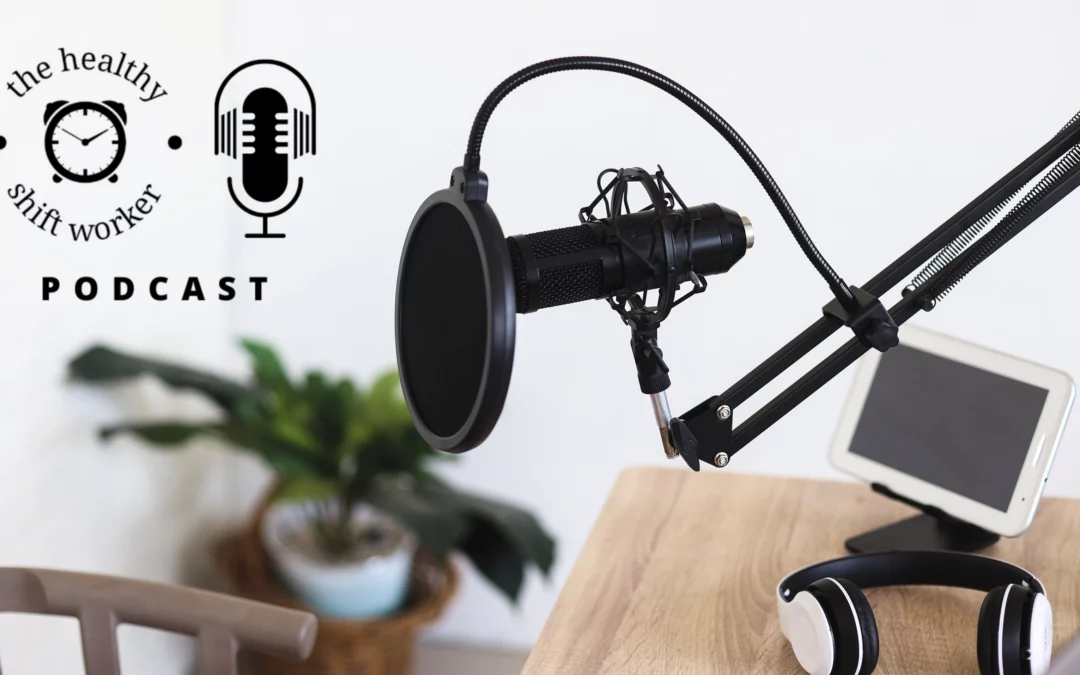



by Audra Starkey | Jun 27, 2017 | HSW, Nutrition, Podcast
Healthy Shift Worker Podcast Episode: One of the most common struggles I hear from my shift working clients is this ongoing, relentless craving for sugar! But why is that? Why are shift workers notorious for craving (and eating) all of the sweet stuff – the highly...
by Audra Starkey | May 22, 2016 | Nutrition, Sleep
One of the most common questions I get asked by shift workers in our student clinic at Endeavour College of Natural Health in Brisbane is – “What should I eat and when?” This is a great question given shift workers rarely eat breakfast at...